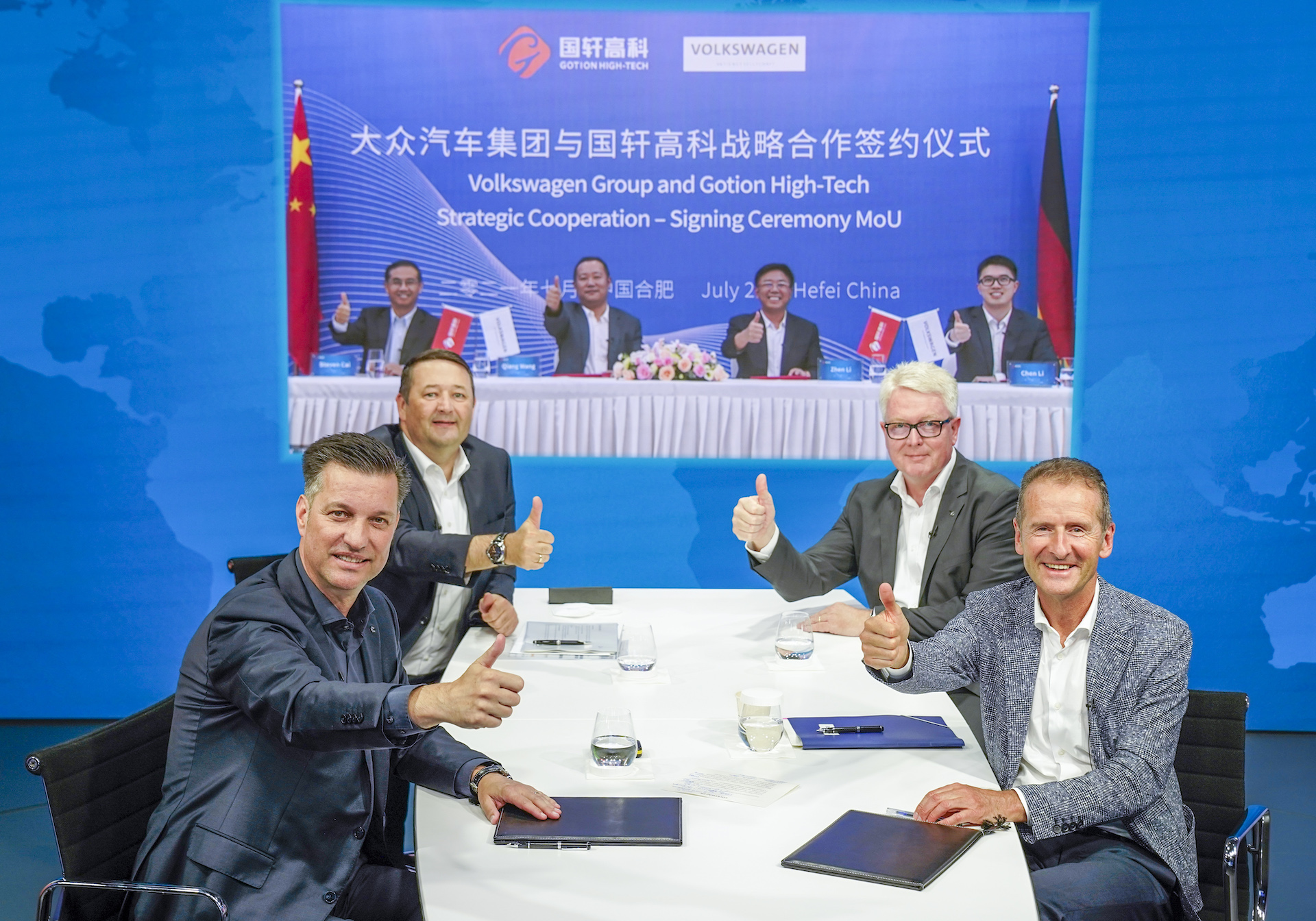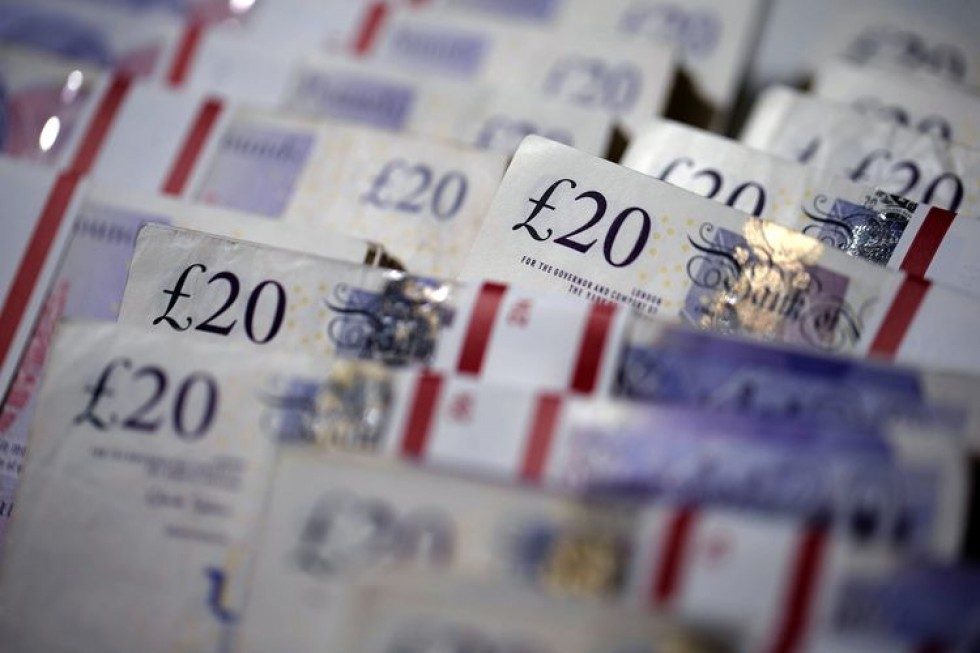Gotion High-Tech, a Chinese battery manufacturer, announced on Tuesday that it will partner with Volkswagen to develop a battery factory in Germany. Gotion is the latest Chinese battery company to go internationally, with its sights set on European automakers who are embracing electric vehicles.
What’s at stake: Volkswagen will be able to enhance electric vehicle manufacturing thanks to the new plant. To meet with tighter emission restrictions, the automaker wants half of its car sales to be electric by 2030.
Volkswagen has committed to phase out fossil-fuel vehicles in major markets by 2040 and to achieve carbon neutrality by 2050. Details: Gotion and Volkswagen will collaborate to establish a battery cell facility in the German state of Salzgitter, extending an existing collaboration inked in May 2020. The factory will begin operations in 2025.
According to a corporate statement released on Tuesday, Gotion will give technical help for the layout of the plant, machinery, and production procedures, among other things. Volkswagen’s second battery gigafactory in Europe will be built here. The German automaker announced plans on Tuesday to build six gigafactories across Europe by 2030, with a total capacity of 240 gigawatt-hours (GWh). While ambitious, the strategy falls short of its American equivalents. Tesla announced in September that it intends to produce 3,000 GWh of battery capacity over the next ten years. In the Chinese market, Gotion will also begin producing the first generation of unified cells for Volkswagen. Volkswagen announced in September that unified cells, a revolutionary battery architecture, may slash prices in half. Gotion claims to be the first battery manufacturer to work with Volkswagen China on the new batteries. Context: To retain China’s leadership in alternative fuel technologies, Chinese battery makers are expanding their foreign production capacity.
In mid-2018, CATL, a Chinese battery manufacturer and Tesla supplier, began construction on its first European manufacturing facility in Thuringia, Germany. With an initial yearly capacity of 14 GWh, the business plans to begin supplying BMW later this year. According to Reuters, BYD, a Chinese electric vehicle and battery manufacturer, began recruiting engineers for its first foreign battery plant in Europe in March, without specifying the site or manufacturing capacity./n





